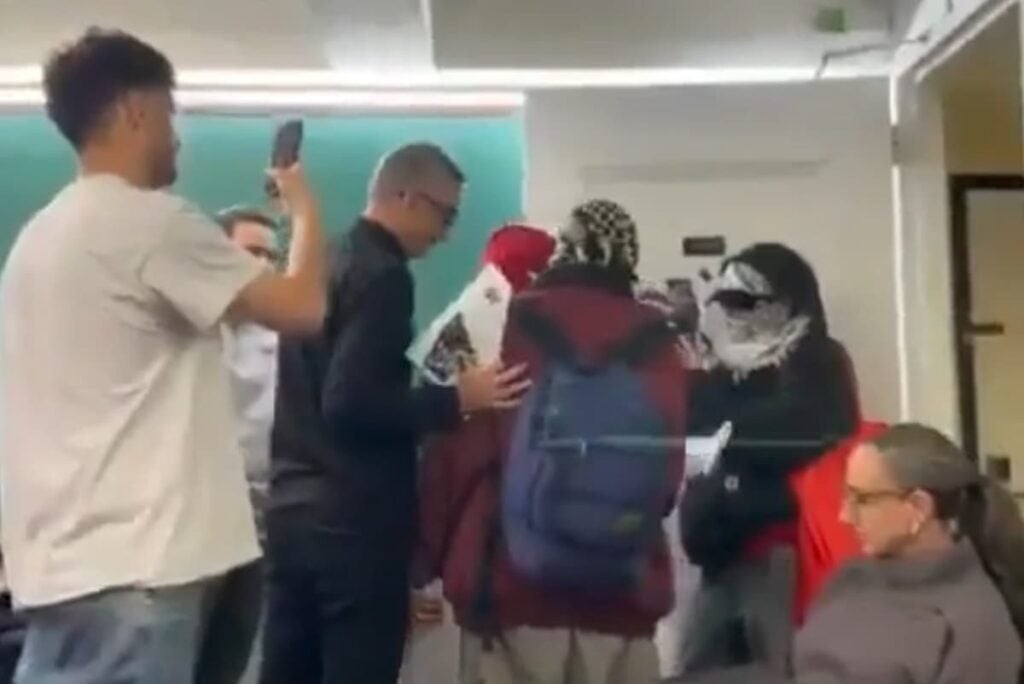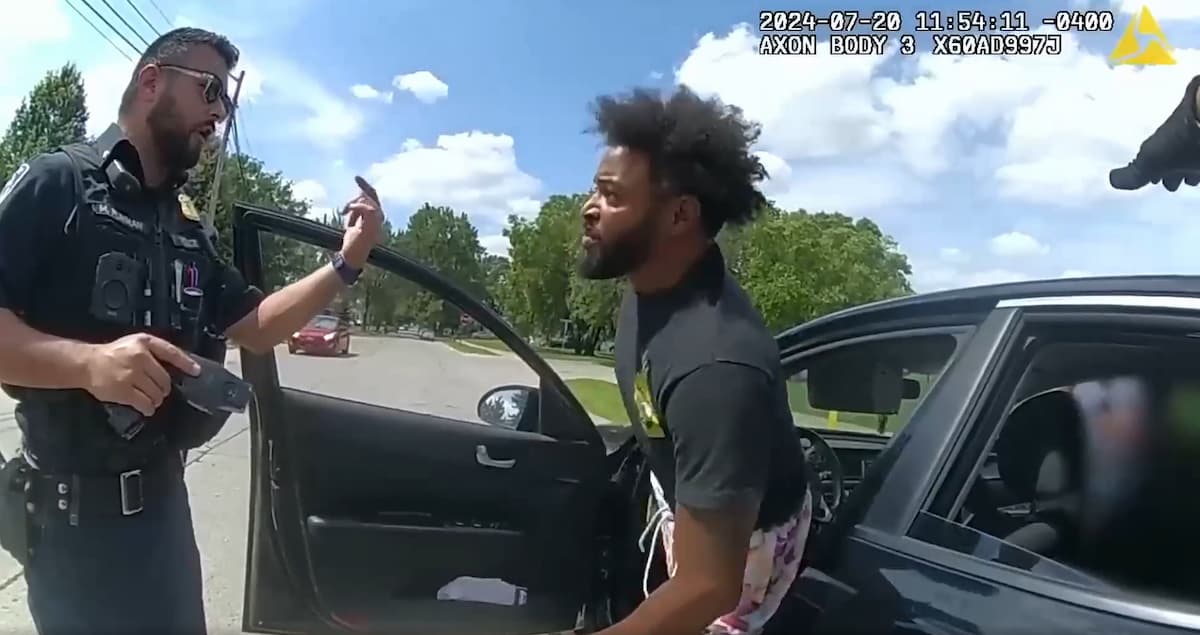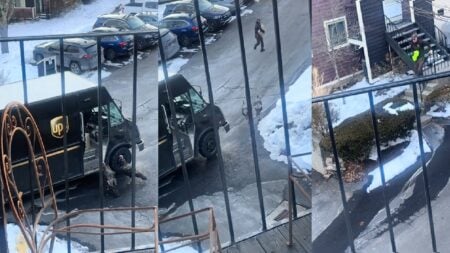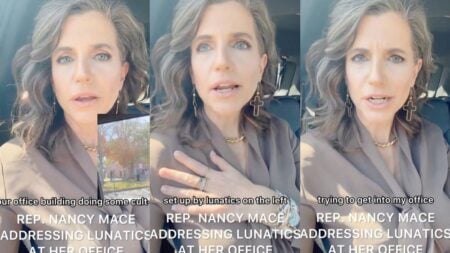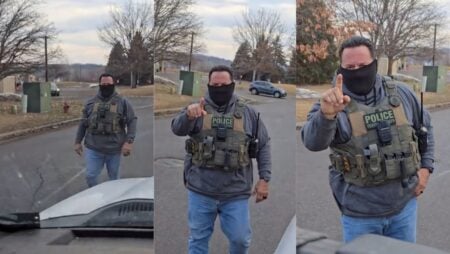A History of Modern Israel class at Columbia University in New York became the site of an unexpected protest on January 21, as activists stormed the classroom and distributed anti-Zionist fliers bearing incendiary messages like “Crush Zionism” and “Burn Zionism to the ground.” While the protesters sought to disrupt, many students in the room were quick to respond, calling out their tactics and demanding they leave.
The scene was captured in a video by a student, Orri Zussman, which has since gone viral. The footage shows a group of masked protesters entering the lecture hall, distributing fliers with violent imagery, and speaking to a camera about their opposition to Zionism. Their presence sparked a tense confrontation as students pushed back against the interruption. One student bluntly said, “We don’t want your sh-t,” while another urged them to reveal their faces: “Take off your mask. Why don’t you take off your mask?”
A Clash of Rights
According to the Times of Israel, This disruption occurred on the first day of the spring semester, during a class taught by Avi Shilon. Shilon later told reporters that he was caught off-guard by the protesters but attempted to de-escalate the situation by inviting them to stay and participate in the discussion. “I suggested to them to join the class and to learn about the conflict,” he explained.
Students online and in the classroom were far less accommodating. Several pointed out that the activists’ actions infringed on their right to learn, with one saying, “This is a civil rights violation. We’re trying to learn.” Others expressed frustration over the cost of their education being undermined by outside political grandstanding. “They’re stealing from every student in that class,” one Reddit commenter remarked. “Students pay a LOT of money to learn from an expert, and they’re having that time stolen from them.”
Columbia University was swift in its condemnation of the protest. Interim President Katrina Armstrong issued a statement emphasizing the university’s commitment to free expression but drawing a clear line at disruptions to academic activities.
Social Media Reacts: “Virtue Theatre”
The protesters’ actions and masked appearances also drew sharp criticism online, where many accused them of performative activism. One Reddit user quipped, “Nothing shows your ineptitude to a cause like covering your entire face while proclaiming your message. If you truly believe in what you’re saying, broadcast your identity far and wide.” Another labeled their behavior as “virtue theatre,” suggesting the activists were more interested in drawing attention to themselves than effecting real change.
Some questioned whether the protesters even had a genuine connection to the cause. “I bet they couldn’t point to Palestine on a map,” one comment read, while another sarcastically asked, “What’s the tuition at Columbia again? These aren’t casual students. They’re here to get an education, not deal with this nonsense.”
The incident has once again highlighted the polarized nature of campus politics surrounding Israel and Palestine. For some students, the protest was an unacceptable disruption of academic freedom. For others, it was a necessary act of resistance against a system they see as complicit in oppression. However, the classroom confrontation, combined with the viral backlash, suggests that such tactics may not achieve the desired impact—at least not among the student body at Columbia.

